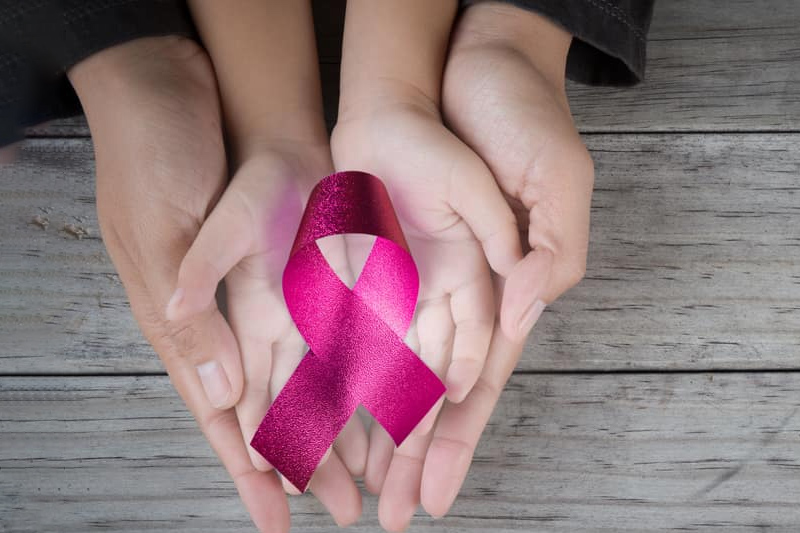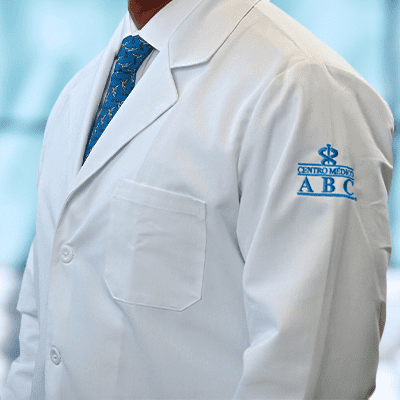Key points:
- Between 5% and 25% of tumors can be hereditary.
- A saliva or blood test will identify whether the mutation has been inherited.
- Cancer develops from a genetic alteration, but not all genetic alterations are hereditary.
Malignant tumors develop, for the most part, due to the influence of different factors and habits, such as smoking, alcohol, a sedentary lifestyle, or even family habits.
Generally speaking, only 5% to 25% of cases, depending on the type of tumor, are hereditary, says Dr. Alberto Serrano Olvera, an oncologist at ABC Medical Center.
To understand the relationship between cancer and genetic inheritance, we must consider the existence of a specific mutation that could cause cancer, this mutation must be transmitted in different generations, from grandparents to parents and then to children, for example.
Dr. Serrano says that all cancer develops from a genetic alteration, but not all genetic alterations are likely to be transmitted from generation to generation.
How to know if a tumor is hereditary?
Saliva or blood tests will be performed to identify hereditary tumors to identify if we have the mutation. But these types of tests are not something that will be performed in all patients, only in those who are high risk or in patients who have already had the disease.
Can you have two or more types of cancer at the same time?
Although in general terms the answer is that you can have more than one type of cancer at the same time, this situation is very rare. For Dr. Serrano is more common for patients who have this type of hereditary mutations, such as breast cancer, to first suffer from one type of tumor and, perhaps years later, a second type, such as ovarian cancer.
In cases where this is likely to happen, we can perform a series of actions that allow us to identify the signs that suggest a second disease, carrying out preventive measures to avoid its development, says Dr. Serrano.
Fuentes:
Dr. Juan Alberto Serrano Olvera – Medical Oncology
https://youtu.be/pd4WC5suOd0



